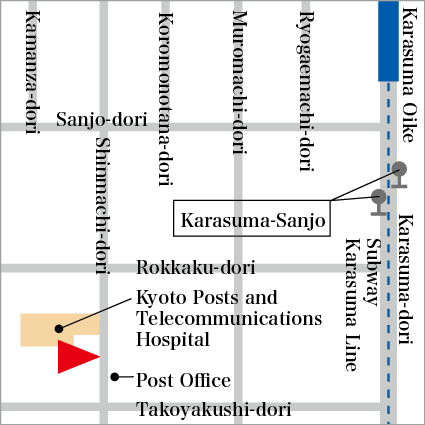Kyoto Living Craft House Mumeisha
- Highlight
- A beautifully embroidered and dyed kimono from the Edo period
A chance to see the daily life a Kyoto merchant
Standing in the city’s clothing quarter of “Muromachi”, this merchant’s machiya townhouse, from a century ago, has living quarters slotted between front-room shop and inner courtyard garden that leads to magnificent storehouses, all connected by a passageway from front to back. The merchant family that resided here handled white crepe for kimonos.
The “living” museum exhibits numerous furnishings and clothing. Notably, there is a collection of kimonos in various styles and rugs from the early Edo period. In addition, another feature is the collection of cotton prints from overseas. And, with the seasons, the house takes on different guises to deal with extremes of weather - so, for example, in summer, the living quarters are tuned to the season with rattan blinds and reed screens to keep the sun’s glare at bay and let the cool breezes enter. Also, during the Gion Festival, the front latticework is removed to show off the exhibits to people passing by.
Visitors get an excellent idea of how a merchant family lived back in 1909 in a townhouse that Kyoto City has designated as a Scenically Important Structure and the nation has designated as a tangible cultural property.
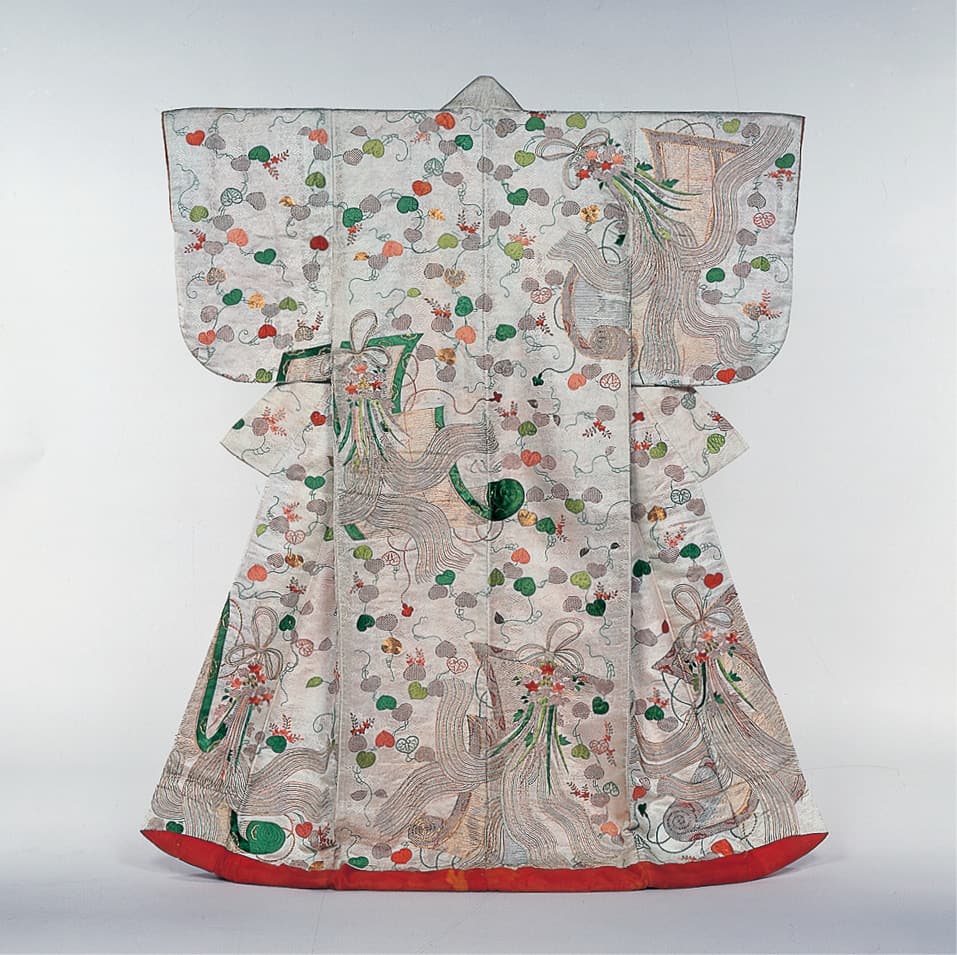
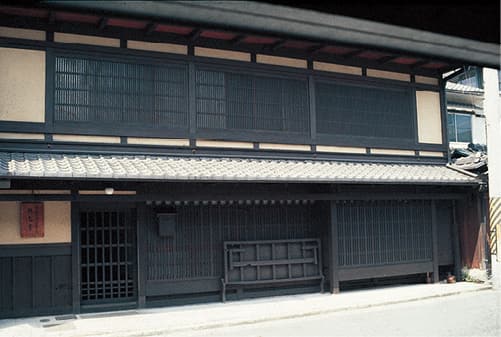
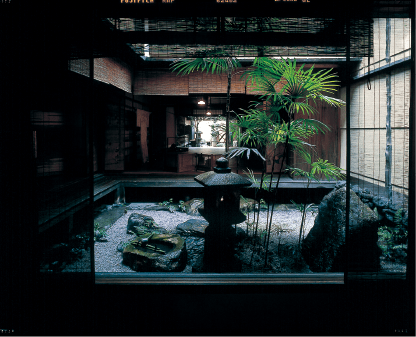
| Address | 363 Rokkaku-cho Shinmachi-dori Rokkaku-sagaru, Nakagyo-ku |
|---|---|
| TEL | 075-221-1317 |
| FAX | 075-221-1317 |
| URL | http://r.goope.jp/kyoshida/ |
| Hours | 10:00~18:00 (reservation required) |
| Closed | Irregular hols |
| Adm | Adults ¥1,000, college students ¥800,Elementary to High school students ¥500 |
| Access | A 10-min walk from Exit 6 of the Subway Karasuma Line and Tozai Line Karasuma Oike Stn/A 10-min walk from Karasuma-Sanjo Stop of City Bus |
Facilities near by
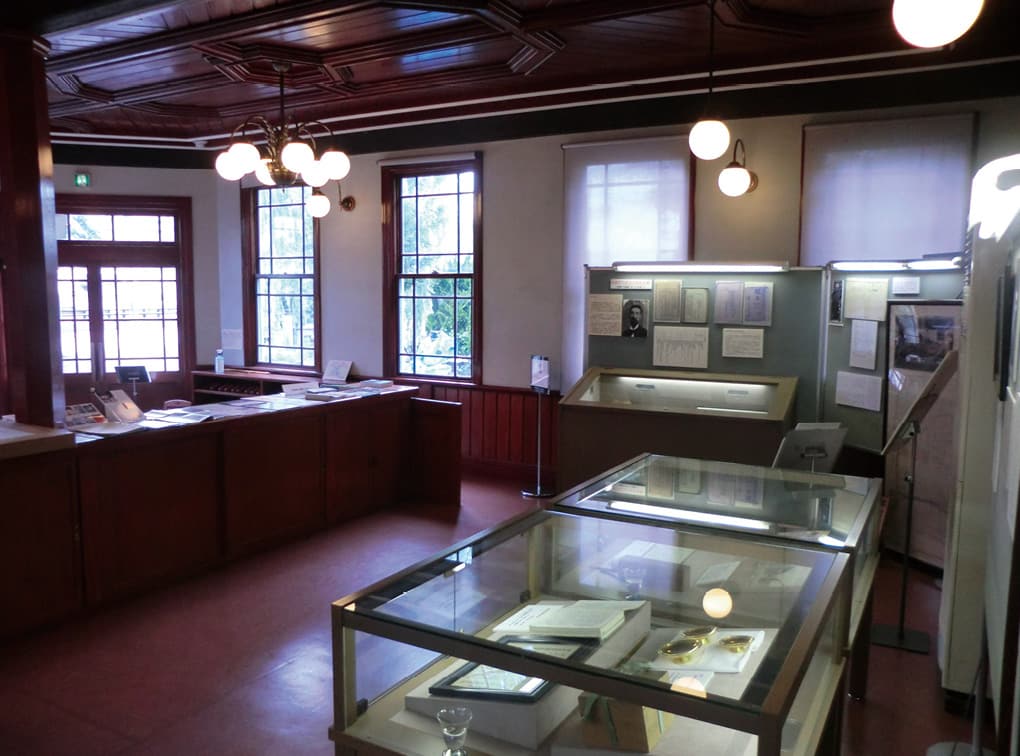
The Bank of Yanagihara Memorial Museum
One of the oldest wooden bank buildings in Kyoto founded by a discriminated-against people
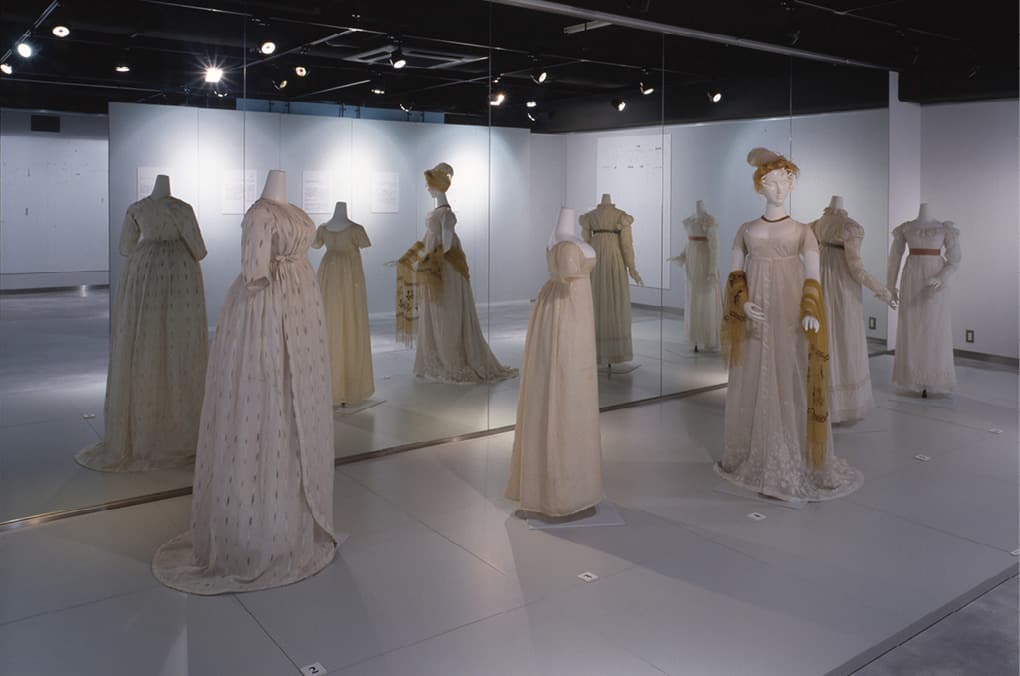
KCI Gallery (The Kyoto Costume Institute)
Chasing the trends of West European fashion
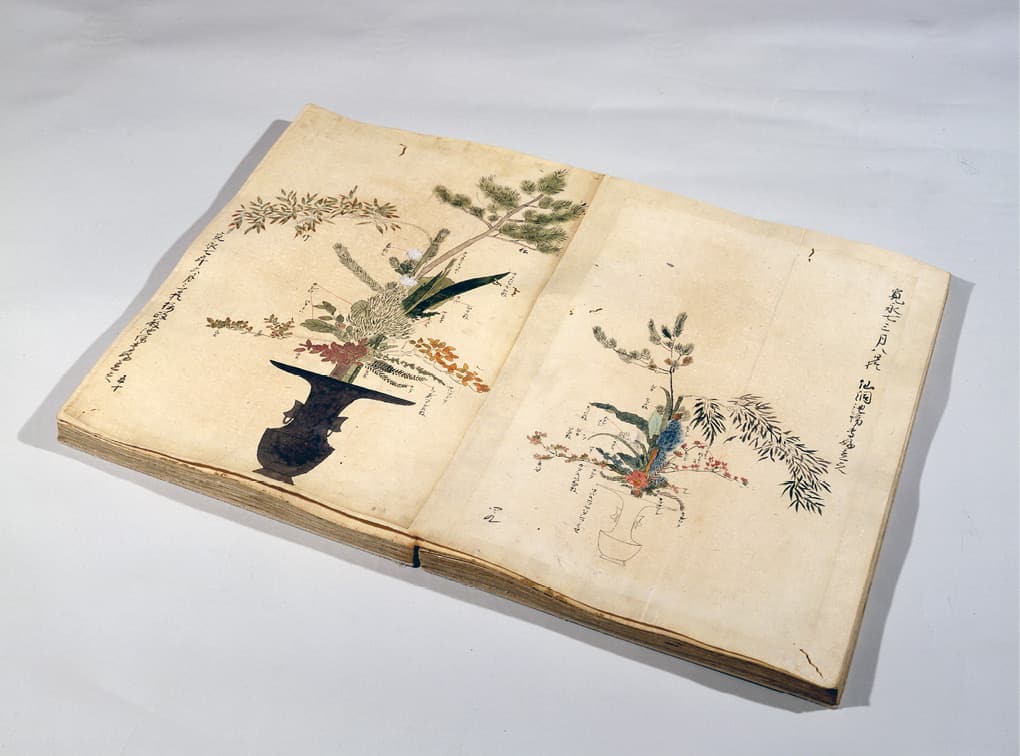
Ikebana History Museum
A space brimming with the history of ikebana
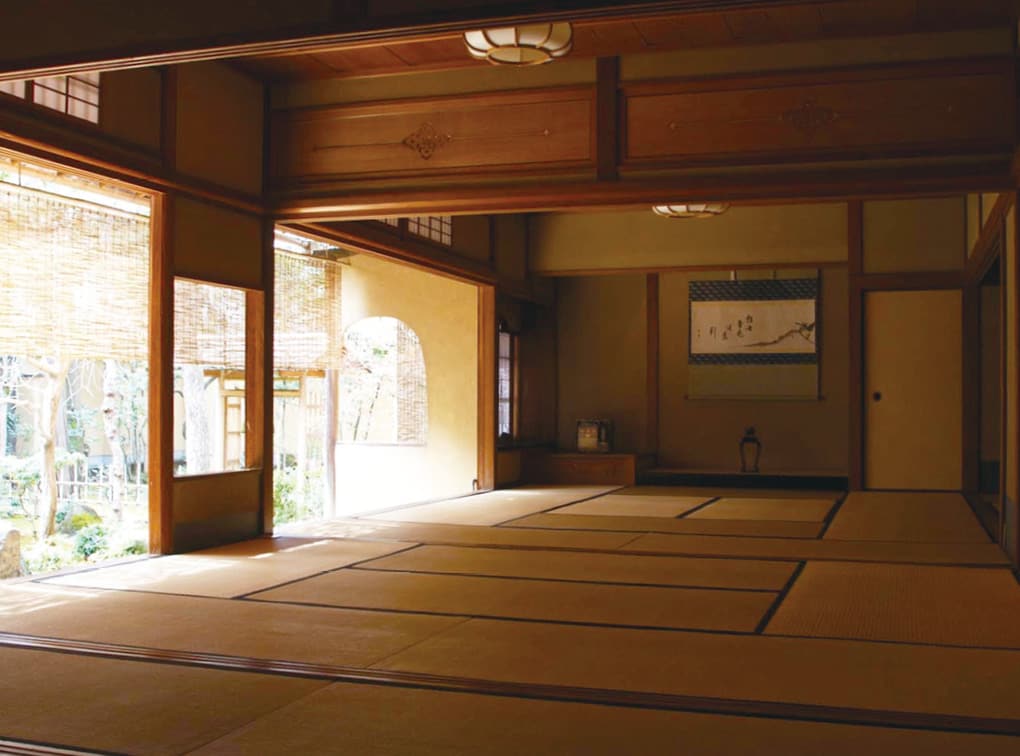
Yuuhisai Koudoukan
A salon for studying and appreciating the art of Japanese culture
